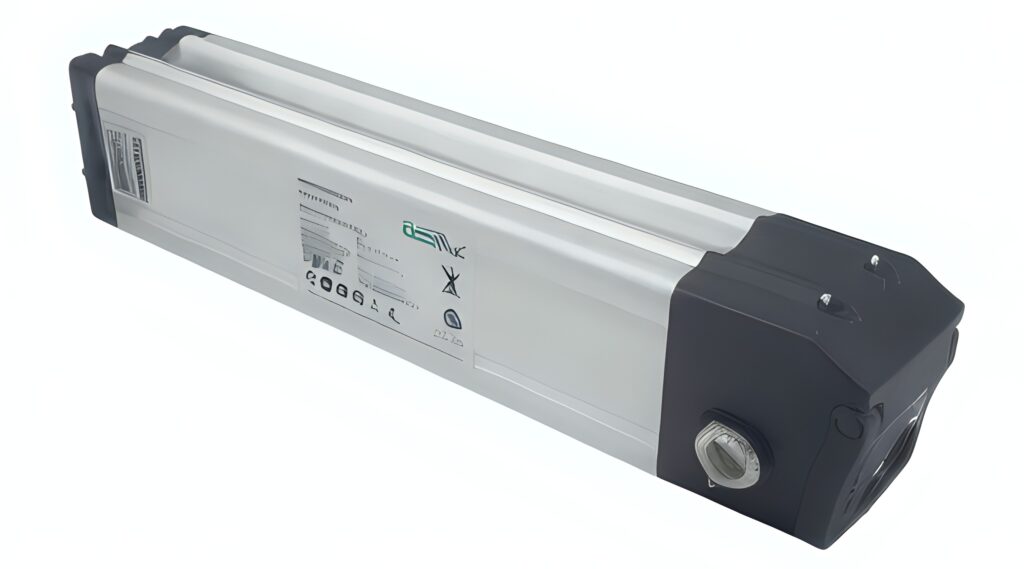
Electric Bicycle Battery
Listing Category by product
Electric bicycle battery manufacturers
Electric bicycle battery manufacturers play a pivotal role in revolutionizing transportation with eco-friendly solutions. These industry leaders prioritize research and development to produce lightweight, high-capacity batteries that enhance the performance and range of electric bikes. Through continuous innovation, they are shaping the future of sustainable urban commuting and outdoor recreation.
Exploring electric bicycle batteries
Electric bicycle battery are rechargeable energy storage devices that power electric bicycles (e-bikes). These batteries are crucial components of e-bikes, providing the necessary electrical energy to propel the bicycle via an electric motor. Here are some key aspects of electric bicycle batteries:
- Chemistry: Electric bicycle battery typically utilize lithium-ion (Li-ion) or lithium-ion phosphate (LiFePO4) chemistry due to their high energy density, lightweight, and long lifespan. These battery offer a balance between energy capacity, weight, and durability, making them suitable for e-bike applications.
- Voltage and capacity: E-bike batteries are rated in volts (V) and ampere-hours (Ah), representing the voltage and capacity of the battery, respectively. Higher voltage batteries provide more power to the electric motor, while higher capacity batteries offer longer riding ranges between charges.
- Mounting and integration: E-bike batteries come in various form factors and mounting options to accommodate different bicycle designs and preferences. Common battery mounting locations include the downtube, rear rack, or within the frame itself. Integrated batteries seamlessly blend with the bicycle’s aesthetics, while external batteries offer flexibility for easy removal and charging.
- Charging: E-bike batteries can be charged using standard electrical outlets or dedicated e-bike battery chargers. Charging times vary depending on the battery capacity and charger specifications but typically range from a few hours to several hours for a full charge. Rapid chargers are also available for quicker charging times.
- Range: The range of an electric bicycle battery depends on several factors, including battery capacity, riding conditions, terrain, rider weight, and assistance level. Higher capacity batteries and efficient riding practices can extend the range of an e-bike, allowing for longer rides between charges.
- Lifespan and durability: The lifespan of an e-bike battery is influenced by factors such as usage patterns, charging habits, temperature, and proper maintenance. Most quality e-bike batteries can last for several hundred charge cycles before experiencing significant capacity degradation. Proper storage and care can prolong the battery’s lifespan.
- Safety features: E-bike batteries incorporate safety features such as overcharge protection, over-discharge protection, short circuit protection, and thermal management systems to ensure safe and reliable operation. These safety features help prevent damage to the battery and minimize the risk of accidents or malfunctions.
Electric bicycle battery play a vital role in the performance, range, and convenience of e-bikes, enabling riders to enjoy efficient and environmentally friendly transportation options. Advancements in battery technology continue to improve energy density, lifespan, and charging efficiency, driving the widespread adoption of e-bikes for commuting, recreation, and exercise.













